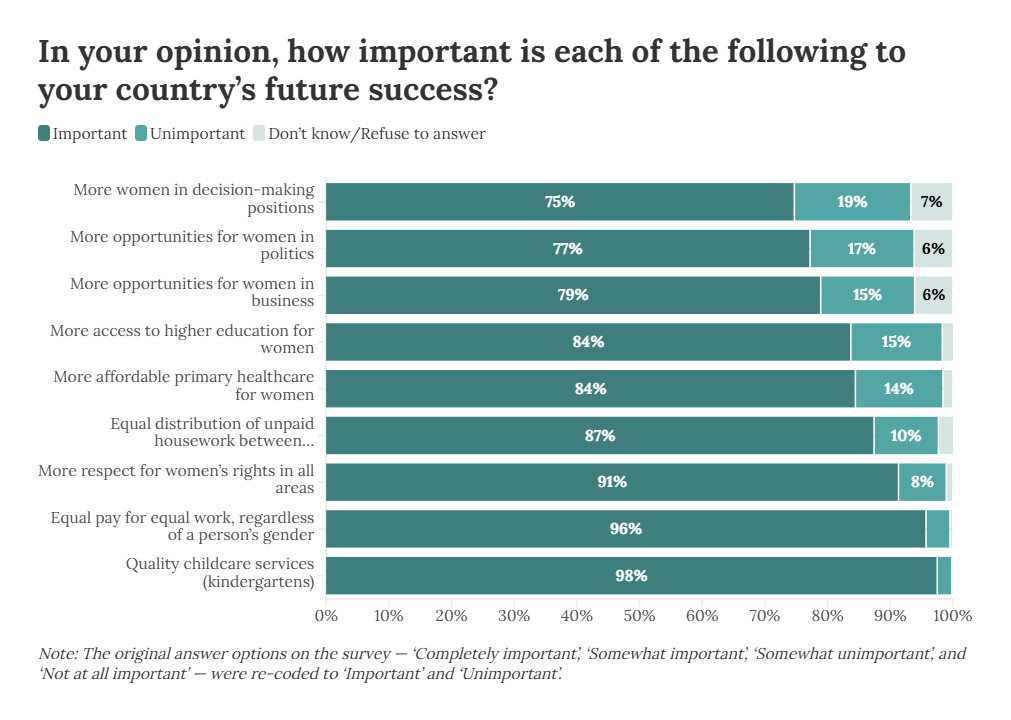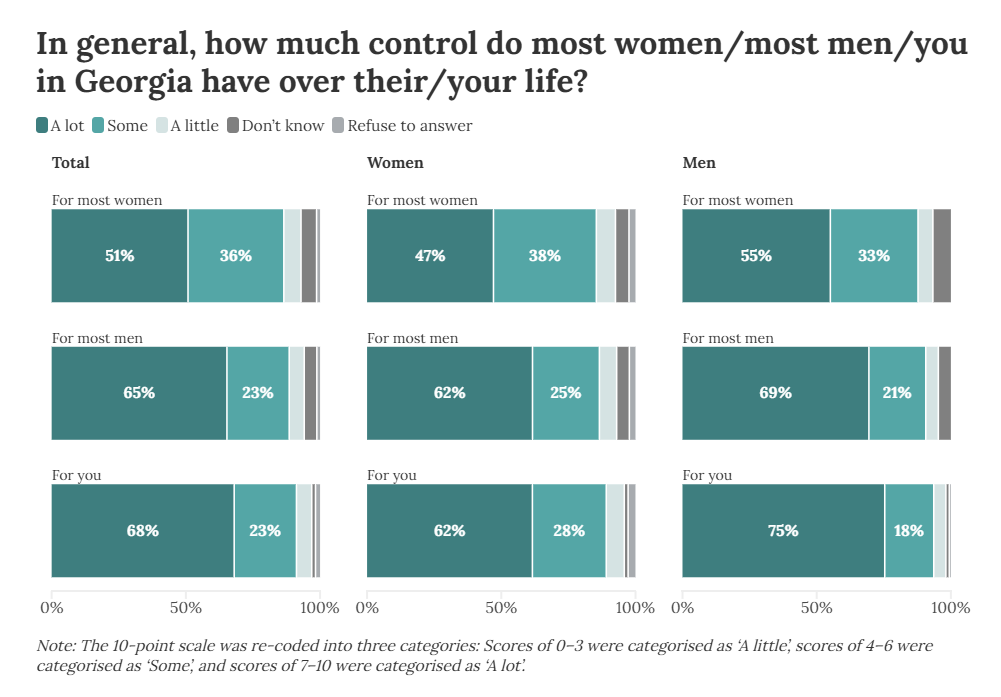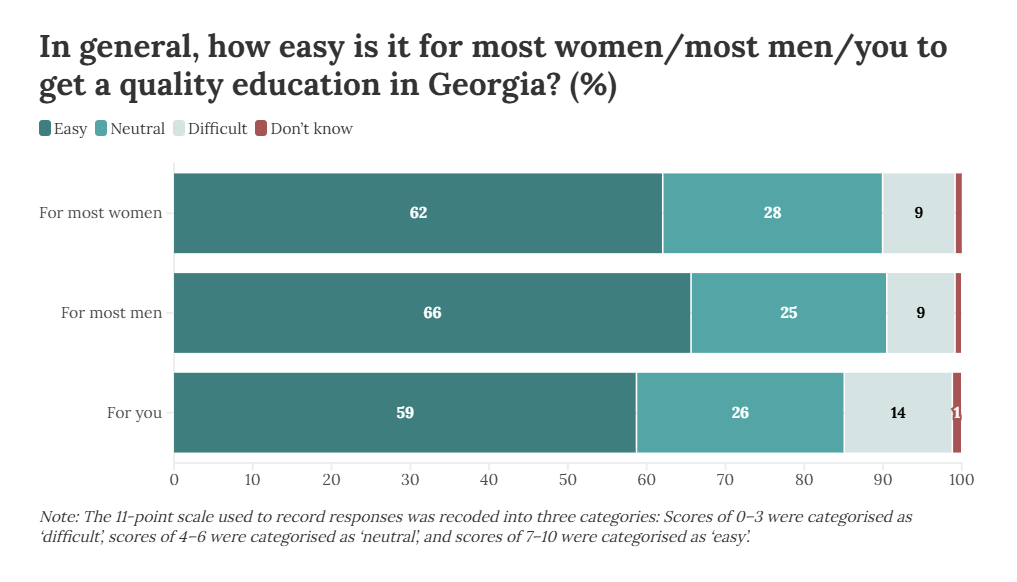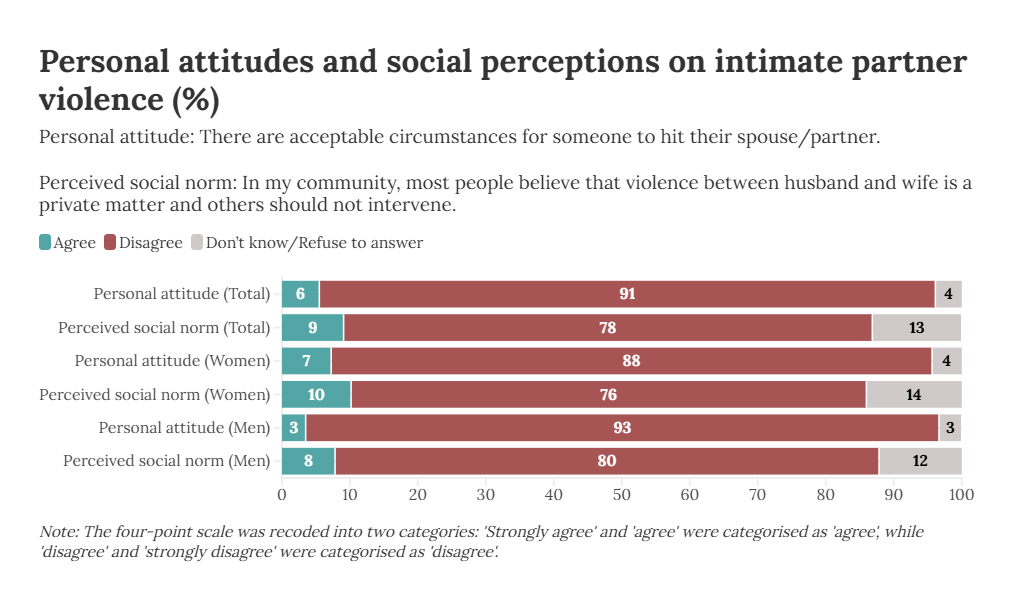What are the reasons for low public engagement in the South Caucasus? Why, despite the large number of non-government organizations, civil society remains weak in all three countries?
Marc Howard gives one of the most convincing explanations about the weakness of civil society in the post-communist countries.
According to Howard, three factors contribute to the weakness of civil society: citizen distrust towards formal institutions; general dissatisfaction with economic and political conditions; and the persistence of strong pre-transition social networks.
While Howard concentrates on the post-communist Europe, CRRC’s Data Initiative and EBRD’s Life in Transition survey data support the relevance of Howard’s argument to the South Caucasus. Read the full article in a recent issue of Development&Transition here.












